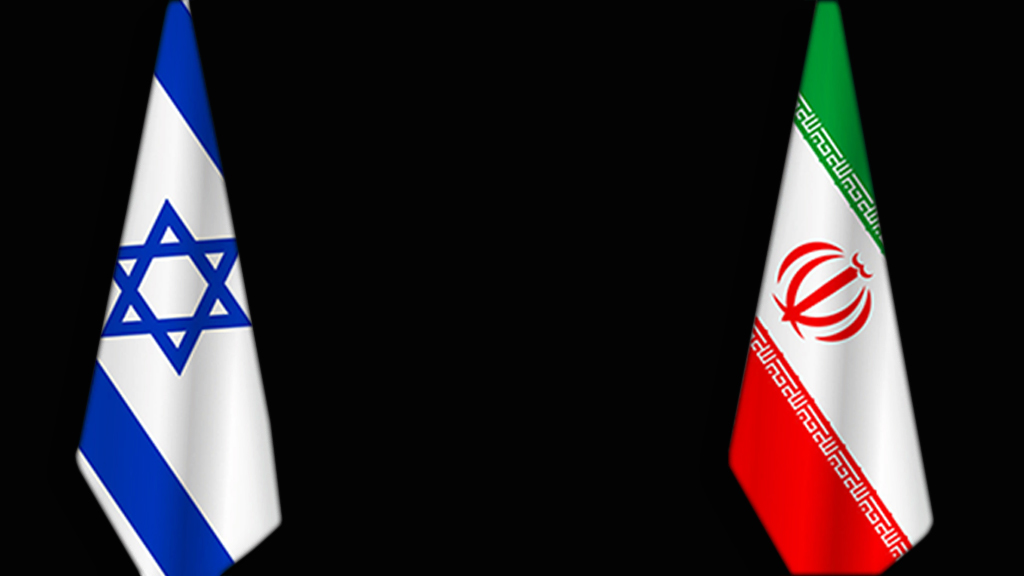Cease-fire in Lebanon: Catalyst for regional shifts?
After approximately 14 months of conflict, a cease-fire between Israeli and Hezbollah forces in Lebanon came into effect at 4 a.m. local time on Nov. 27. Mediated by the United States and France, the cease-fire is fundamentally based on the revival of United Nations Security Council Resolution 1701. According to this agreement, Hezbollah forces will withdraw north of the Litani River, while Israeli forces will retreat south of the Blue Line. This process is expected to be completed within 60 days.
More


Is Israel a national security threat for Türkiye?
Erdoğan’s remarks frame Israel as a looming national security threat to Türkiye, intensifying concerns over its moves in Gaza and the broader Middle East
More
In the wake of the Al-Aqsa Flood, the Hamas attack against Israel on Oct. 7, 2023, Israel initiated a large-scale military operation against the Gaza Strip. The asymmetric and intense military attacks ended up with genocide. So far, Israel has killed more than 42.000 Palestinians, most of which are innocent children and women, wounded more than 90,000 and displaced more than 2 million people. Israeli security forces hit civilian residential areas, including schools, hospitals, ambulances, mosques, churches, tents, refugee camps and the U.N. centers. Eventually, Israeli forces destroyed almost all of the Gaza Strip. With the unconditional support of Western countries such as the United States, Germany and the United Kingdom, Israel violated all principles of international humanitarian law in front of the world.
With new actors joining the fray and Israel's aggressiveness intensifying, the Middle East braces for a broader regional war
Israel, which has paralyzed the Hezbollah organization, took a further decisive step by killing Hassan Nasrallah, the longtime leader of Hezbollah, on Sept. 27. All observers agree that the killing of Nasrallah will dramatically influence the future of not only Hezbollah and Lebanon but also the Middle East. In this article, I will underline some of the implications of this killing.
Israel's cyber-attacks spark a regional war, threatening stability and drawing in global powers
Imagining Europe after the war: 3 scenarios to consider
The war in Ukraine will determine the future trajectory of Europe, yet the continent's actions will be equally influential
More


Israel and Iran’s U.S. election bets...
Israel's latest covert operations, indiscriminately targeting both soldiers and civilians, have now been directed at Hezbollah. In a coordinated attack, Israel detonated devices placed in the pagers and radios of thousands of Hezbollah members, a move that could be studied in intelligence courses for its precision. Previously, Israel’s assassination of Ismail Haniyeh in Tehran had exposed a major security flaw in Iran. This new operation, injuring thousands of Hezbollah members, now reveals significant security vulnerabilities within Hezbollah itself. If Hezbollah responds to this provocation, which marks Israel’s latest attempt to escalate tensions in the region, war seems inevitable. However, should the U.S. intervene behind the scenes to prevent Hezbollah from engaging Israel, it would signal that Iran is prioritizing a potential post-election deal with the U.S. over immediate conflict.
More
The Middle East region has been in political instability since the eruption of the Arab insurgencies and revolutions in 2011...
On October 7, 2023, the Palestinian group Hamas launched a major attack on Israeli settlements near Gaza. This unexpected operation drew global attention and led to a series of responses from Israeli officials and their allies. Following this event, the Middle East experienced a significant escalation in regional conflicts, particularly involving Hezbollah, a Lebanese group with close ties to Iran.
These days, the Biden administration is trying to persuade Iran to limit its attacks on Israel. However, it's impossible to overlook the incentivizing role played by the administration's unlimited support for the Netanyahu government thus far.
The killing of three American soldiers in Jordan by pro-Iran militias via UAV strikes initiated a new escalation in the escalating regional conflict. Since October 7th, concerns about regional warfare seemed obsolete. We previously noted Israeli Prime Minister Netanyahu's attempt to expand the Gaza conflict regionally and entangle the US in conflict with Iran. The Jordan attack partially succeeded in these efforts. Over the past week, the US conducted military operations in the region, signaling a response.








